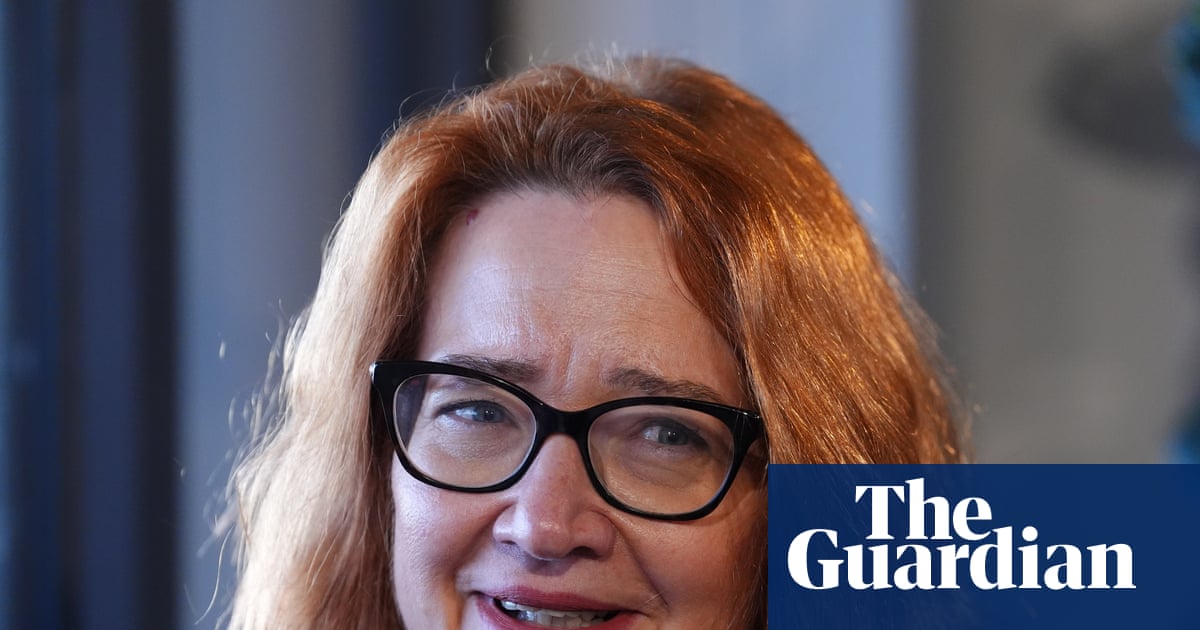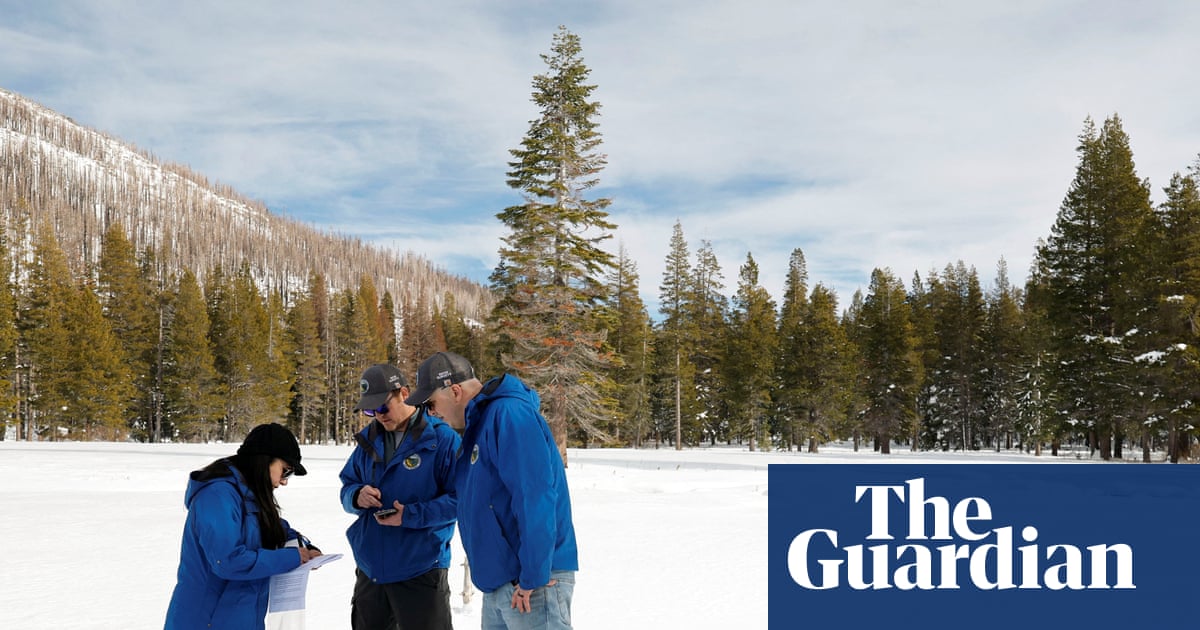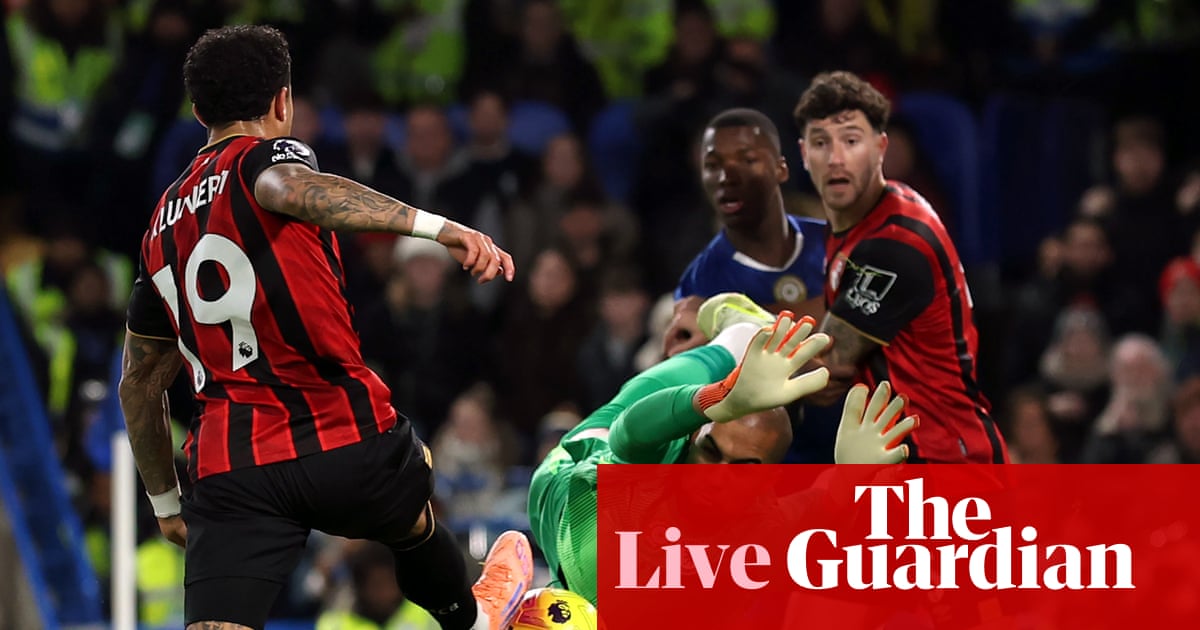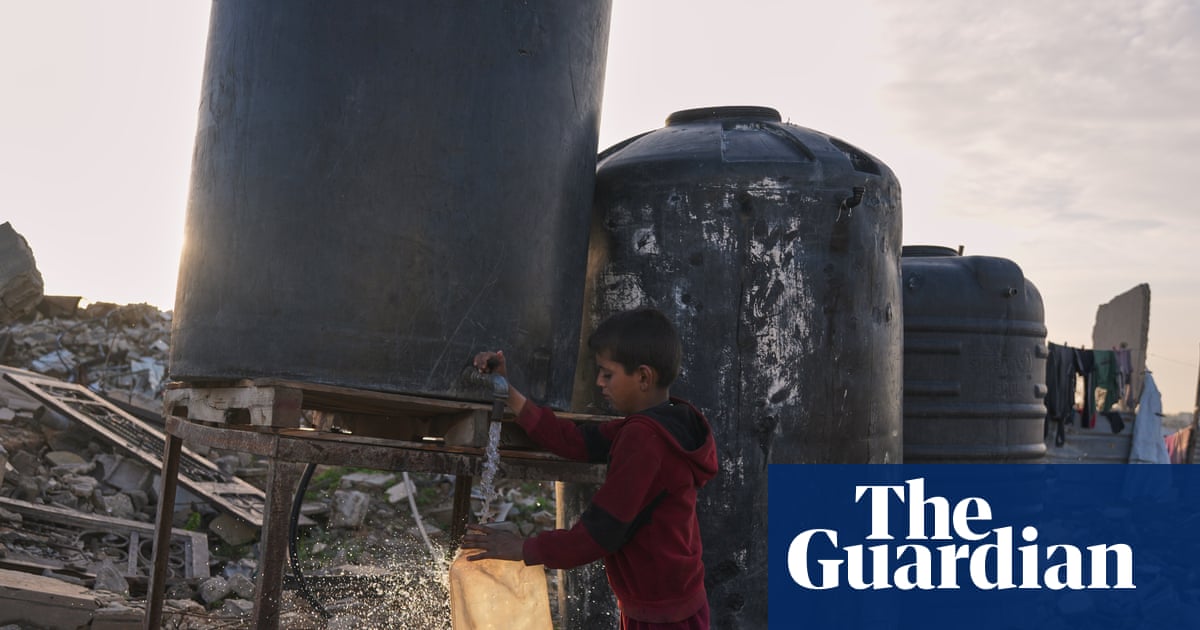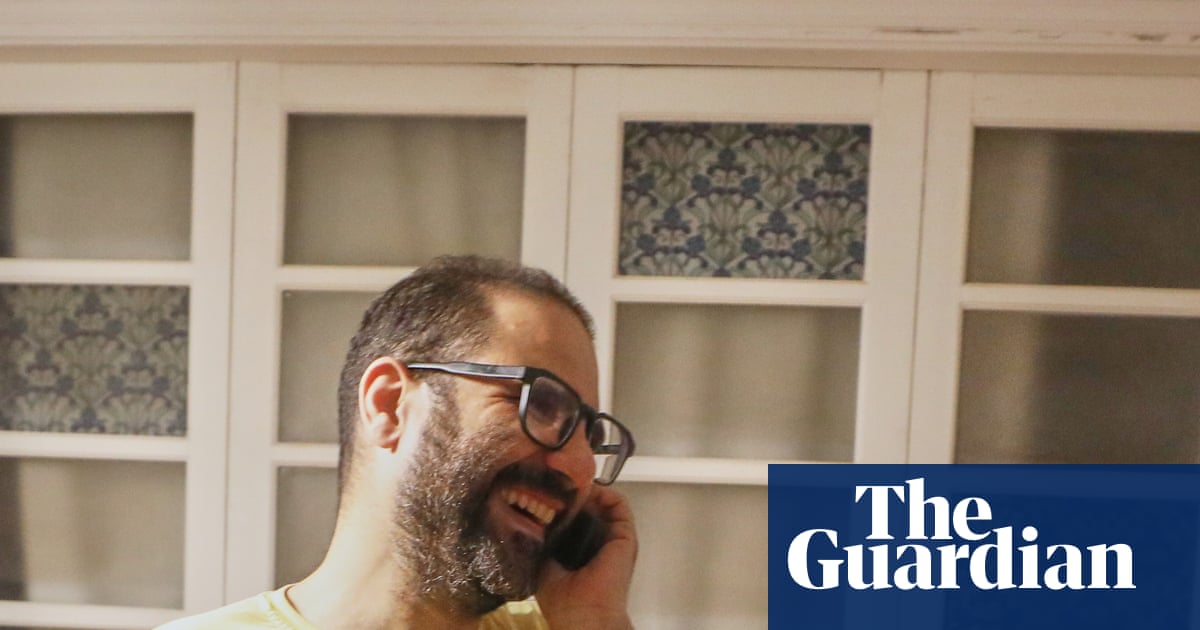Why is there a national inquiry into grooming gangs?
A national inquiry into grooming gangs was announced by Keir Starmer in June but it is yet to get under way.
So far, a suitable judge has not been identified, one of two named candidates to become its chair has said she will not stand and three survivors have stepped down from the panel overseeing the recruitment.
It followed disclosures over many years that thousands of girls and women across UK towns and cities were groomed and raped by street-based groups.
In a majority of these gangs, there appeared to be a pattern of men, often of Asian and Pakistani origin, grooming vulnerable girls.
Nearly all of the cases were historical and date back to the 90s and 00s.
Is this the first time that the issue of grooming gangs has been examined by an independent inquiry?
Grooming gangs were among the issues looked at by an independent inquiry into institutional sexual abuse of children – which also covered child exploitation by organised networks, as well as abuse within the care system, in penal institutions, and in the Catholic and the Anglican Church. That inquiry, launched in 2015 and led by Prof Alexis Jay, published its final report in 2022.
However, survivors of grooming gangs and their legal representatives said that the Jay inquiry did not go far enough. Some victims claimed that it avoiding confronting the cultural drivers behind mainly Asian gangs exploiting young white women.
Under pressure from survivors and political opponents in the Conservative party and Reform UK – which is currently riding high in the polls – Starmer commissioned an audit led by Louise Casey into grooming gangs.
One of her findings was to order “a new national inquiry to direct local investigations and hold institutions to account for past failures”.
How is the new national inquiry going?
There have been ongoing tensions over the new inquiry, with survivors unhappy with the terms of the inquiry, and difficulties finding someone to act as its chair, as first disclosed in the Guardian.
Over the last 24 hours, three abuse survivors have resigned from their roles. “Elizabeth” – not her real name – joined Fiona Goddard and Ellie-Ann Reynolds, who quit the inquiry’s victims and survivors liaison panel on Monday in protest.
Reynolds said the final turning point for her was “the push to change the remit, to widen it in ways that downplay the racial and religious motivations behind our abuse” – an incendiary allegation which has been denied by government sources.
The Guardian has been told that former senior social worker Annie Hudson, who had been named as a potential chair, has withdrawn following recent media coverage over her candidacy.
One of the other names being considered to lead the inquiry is former deputy chief constable Jim Gamble.
A meeting between Gamble and survivors took place earlier, with both sides said to have listened to each other’s perspectives.
Both women who resigned from the inquiry had expressed concern about the candidates shortlisted to chair the inquiry, because they were a former deputy police constable and the other a social worker.
Goddard said: “This is a disturbing conflict of interest and I fear the lack of trust in services from years of failings and corruption will have a negative impact in survivor engagement with this inquiry.”
Is the safeguarding minister Jess Phillips under pressure to step down?
Some politicians including Reform’s Lee Anderson have called for the minister to step down. However, she has decades of experience working with sexual and domestic abuse victims and is respected across parliament for helping to uncover many instances of sexual abuse, not least among MPs’ own ranks.
She has rejected concerns from survivors that the inquiry will dilute the inquiry or make it more general, adding that the inquiry will “remain laser focused on grooming gangs” despite the survivors citing heavy criticism at the Home Office’s handing of the issue.

 2 months ago
77
2 months ago
77



